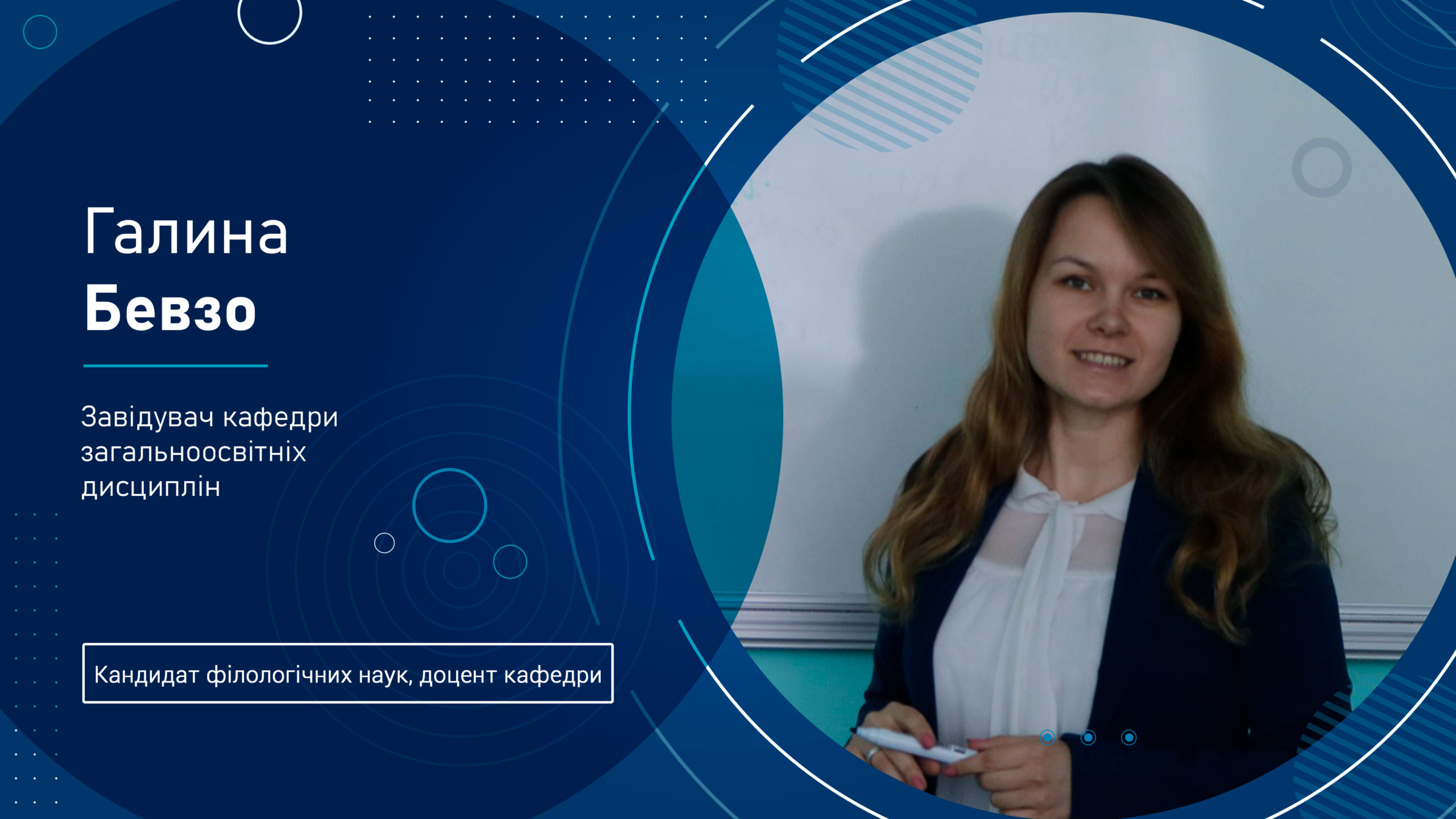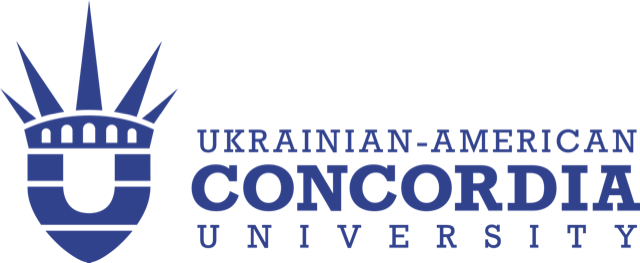Halyna Bevzo, Ph.D., Head of the Department of General Studies:
Artificial intelligence has opened up a new era of challenges in education and countless discussions. The use of such new technologies was intended to expand the possibilities of finding the necessary information and not to become a tool of academic dishonesty.
Falsification of the educational process occurs when students copy the generated answers and present them as their own work. Of course, such a manifestation of academic dishonesty is absolutely visible to the teacher and often has such flaws as the lack of connection between the answer and the task, inaccuracy of the facts presented, lack of references to the literature and incorrect structure for an academic text.
At the same time, it is necessary to educate students in the culture and ethics of using the latest AI tools. Clear norms for using AI in assignments should be spelled out in the syllabus, and the general policy should be set out in the university’s Regulations on Academic Integrity.
Usually, the unethical use of AI instead of a student’s own answers is associated with low motivation and limited engagement in the learning process. Therefore, it is worth reviewing and updating the course content every year/semester in accordance with the current issues and the latest trends. This not only makes the course more interesting for students, but also constantly improves the professionalism of the teacher.
The potential development of artificial intelligence and its ability to generate text, illustrative material, and solve problems and cases pushes teachers to use AI in education “for good”. Teachers are facing a rather daunting task: to properly integrate AI into the educational process, developing students’ analytical skills and critical thinking. Effective strategies for using generative artificial intelligence in education include searching for narrowly focused literature for further study, additional explanation of certain theories, and analysis or criticism of the AI’s response by the student. In these cases, AI is a good tool to supplement the learning process, but it should be borne in mind that such use carries risks of falsifying answers.

